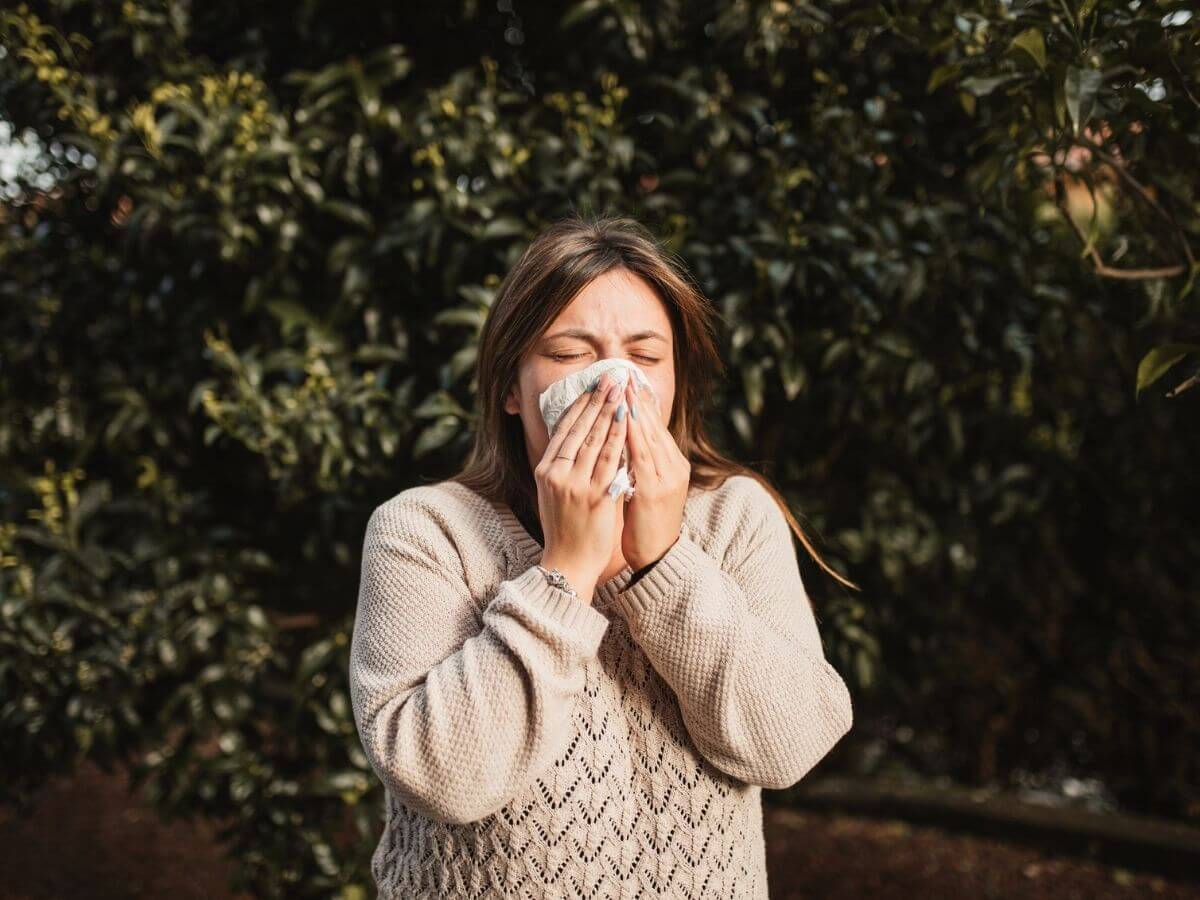Foods to Avoid on a Gluten Free Diet

Present in most grains, gluten is a protein found in wheat, barley, rye, and triticale (a cross between rye and wheat) that can cause serious health problems in some people. There are other grains that contain gluten, such as corn, rice, and quinoa, but they don’t seem to cause the same problems as wheat, barley, rye, and triticale.
Many foods are made from wheat, rye, and barley, which means removing those grains from your diet will entail changing your diet to meet your nutritional needs. Your doctor or dietitian can help you make dietary changes that will help you get all the fiber, vitamins, and other nutrients you need.
Why Do People Eat Gluten-Free?
For people with certain medical conditions, eating a gluten-free diet is essential to avoid the symptoms that occur when they eat foods with gluten. Many people without medical conditions that prevent them from eating gluten also adopt a gluten-free diet because it’s believed to help with weight loss and overall health.
These are some of the medical conditions that make a gluten-free diet necessary:
• Celiac disease. Celiac disease is an autoimmune disorder where gluten triggers immune system activity that damages the lining of the small intestine. Over time, the damage caused by celiac disease prevents the absorption of nutrients from food.
• Non-celiac gluten insensitivity. If you have a non-celiac gluten insensitivity, you may experience some of the same symptoms of celiac disease, including bloating, abdominal pain, diarrhea, constipation, “foggy brain,” rash, and headache, but not the damage to the small intestine that’s caused by celiac disease.
• Gluten ataxia. Gluten ataxia is an autoimmune disorder that affects certain nerve tissues and causes problems with muscle control and voluntary muscle movement.
• Wheat allergy. With a wheat allergy, your immune system mistakes gluten or some other protein in wheat as a disease-causing agent, like a virus or bacterium. The immune system then creates an antibody to the protein, which can result in congestion, breathing difficulties, or other symptoms.
Gluten Foods to Avoid
Wheat is very prominent in the Western diet, which means you have to be watchful for it in all of its forms. If you have a medical condition that necessitates a gluten-free diet, these are some of the foods that are to be avoided:
• Wheat starch
• Wheat bran
• Wheat germ
• Couscous
• Cracked wheat
• Durum
• Einkorn
• Farina
• Semolina
• Matzo
Here are some other non-wheat foods that contain gluten:
• Barley and barley malt
• Bulgur
• Oats (even though oats don’t contain wheat, they can be processed in facilities that produce gluten-containing grains)
• Malt vinegar
• Soy sauce
• Chicken broth
• Soba noodles
• Some condiments
Gluten-Free Foods
Even though wheat is off-limits in a gluten-free diet, there are many foods that are naturally gluten-free, including:
• Rice
• Cassava
• Fruits and vegetables
• Eggs
• Meat and poultry
• Fish and seafood
• Beans, legumes and nuts
• Dairy products
• Corn
• Potatoes
• Oils and vinegars
How to Check if Your Food is Gluten-Free
A product that’s labeled “gluten-free,” “no gluten,” or “without gluten” is the easiest way to identify a gluten-free product. Another way to tell if a food contains gluten is to read the allergen statement found at the end of the ingredients list. If it says, “contains wheat,” stay away.
In general, always read the ingredient list for any packaged product you buy to make sure there aren’t any sources of gluten that are described at the beginning of this blog.
Unless they’re labeled “gluten-free,” these are some of the common ingredients in food that contain hidden sources of gluten and should be avoided:
• Beer or ale
• Dextrin, unless it’s listed as gluten-free
• Vegetable gum
• Brewer’s yeast
• Bleached flour
• Smoke flavoring
• Soy sauce
• Graham flour
• Modified starch
If you’re dining out, be sure to tell your server that you need to see their gluten-free options.
Learn More About the Gluten-Free Diet at Baptist Health
Find a Baptist Health provider near you or schedule an appointment online today to learn more about eating gluten-free. If this is a medical emergency, please dial 911.



